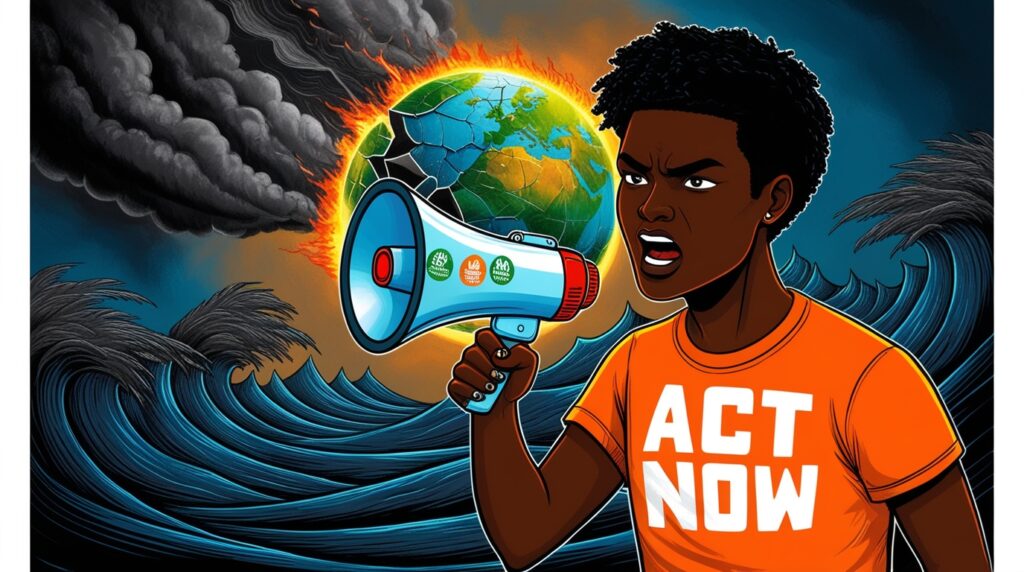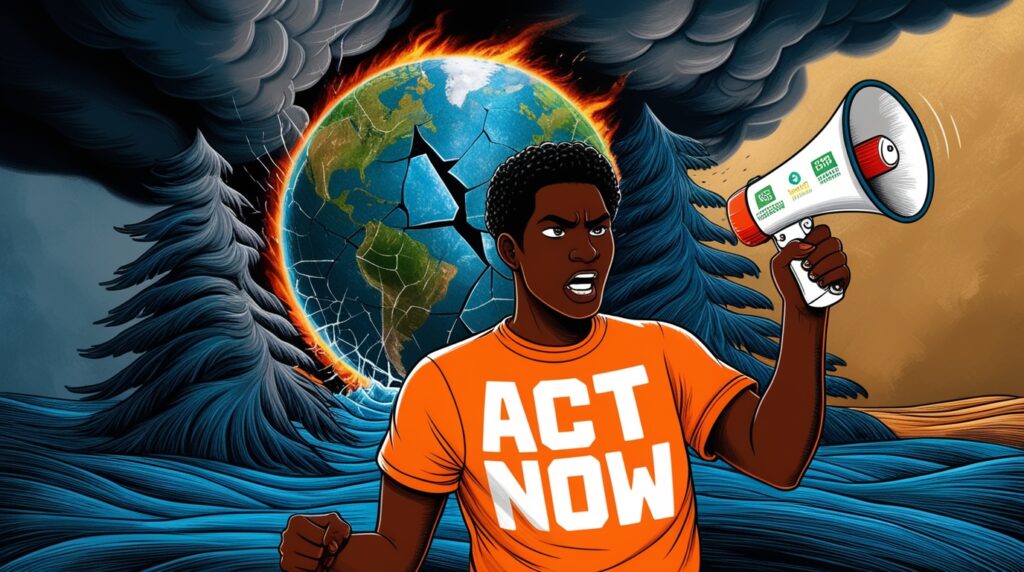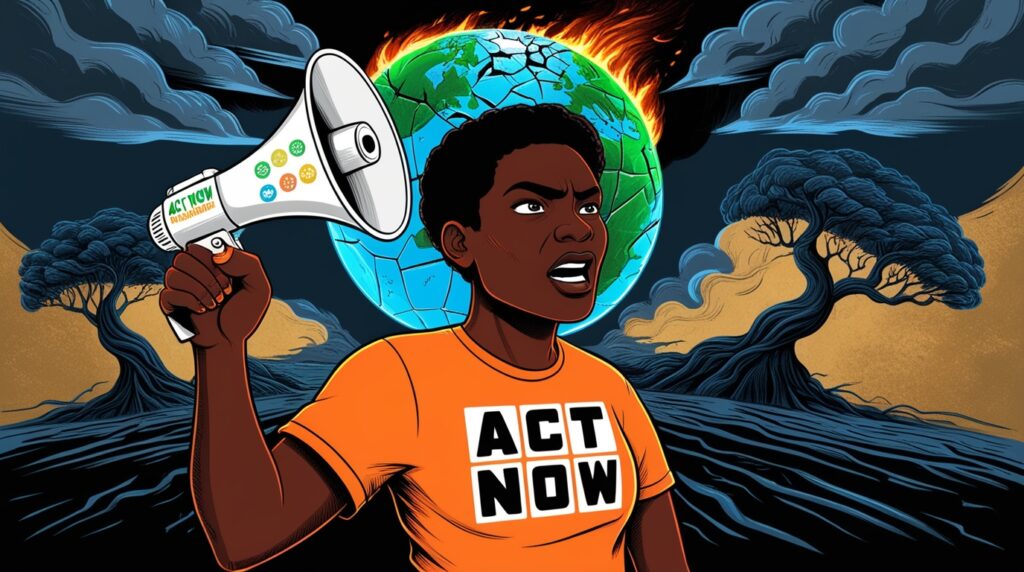
Climate change is no longer a distant threat; it is a pressing reality affecting every corner of the globe. This crisis, fueled primarily by human activities, has profound implications for the environment, economies, and societies. From rising sea levels to extreme weather events, the impacts of climate change are undeniable and demand immediate action.
Understanding Climate Change
At its core, climate change refers to significant, long-term changes in global temperatures and weather patterns. While climate variations have occurred throughout Earth’s history, the current trend of rapid warming is largely attributed to human activities, particularly the burning of fossil fuels. This releases greenhouse gases like carbon dioxide (CO2) and methane into the atmosphere, trapping heat and leading to a greenhouse effect.
Visible Impacts of Climate Change
- Rising Temperatures: Global temperatures have increased by about 1.2°C since pre-industrial times. Even this seemingly small rise has triggered alarming consequences.
- Melting Ice and Rising Seas: Polar ice caps and glaciers are melting at unprecedented rates, contributing to rising sea levels. Coastal communities and island nations face existential threats.
- Extreme Weather Events: Hurricanes, wildfires, heatwaves, and floods are becoming more frequent and intense, wreaking havoc on lives and infrastructure.
- Ecosystem Disruption: Changes in temperature and precipitation patterns are altering ecosystems, endangering species, and disrupting food chains.
- Human Health: Increased air pollution, heat stress, and the spread of diseases like malaria and dengue are direct consequences of a warming planet.
The Path to Mitigation

While the challenges are immense, solutions exist. Here’s how we can address climate change:
- Transition to Renewable Energy: Replacing fossil fuels with solar, wind, and other renewable energy sources is critical to reducing greenhouse gas emissions.
- Reforestation and Conservation: Trees act as carbon sinks, absorbing CO2 from the atmosphere. Preserving forests and planting new ones can mitigate emissions.
- Sustainable Practices: Encouraging sustainable agriculture, reducing waste, and promoting a circular economy can significantly lower the carbon footprint.
- Policy and Legislation: Governments must enforce policies that cap emissions, invest in clean energy, and promote international cooperation.
- Public Awareness and Action: Individual choices matter. Conserving energy, reducing meat consumption, and supporting sustainable brands can collectively make a difference.
A Collective Responsibility
Tackling climate change requires a united effort from governments, businesses, and individuals. While policy reforms and technological innovations are vital, fostering a culture of environmental responsibility is equally important. Every small step contributes to a larger impact.
The Future is in Our Hands
The stakes have never been higher. The decisions made today will shape the world for future generations. By embracing sustainable practices, reducing emissions, and prioritizing the planet, we can create a resilient and equitable future for all.
This is not just an environmental fight; it’s a moral imperative. Together, we can turn the tide against climate change and protect the only home we have.

The accompanying image visually captures the contrast between thriving ecosystems and the destructive consequences of climate change, emphasizing the urgent need for action.







Climate change is no longer a distant threat; it is a pressing reality affecting every corner of the globe… We need to learn how to manage the change 🫵🏽